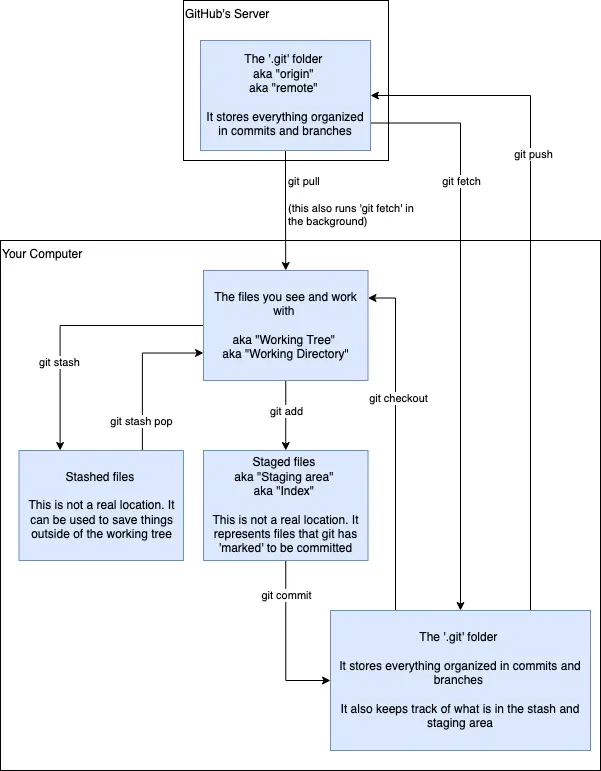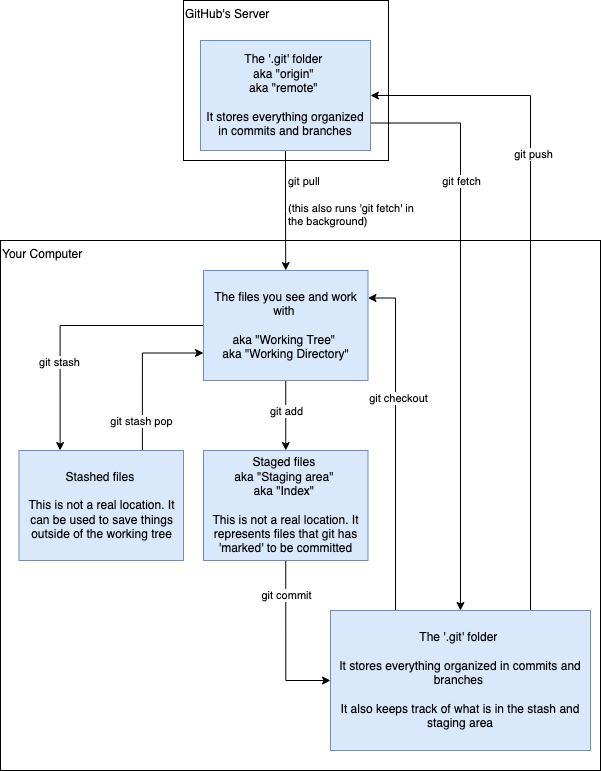The crowd went silent when the human entered the bar. You didn’t see many of their kind here. He grumbled, uncomfortable for the attention, walked up to the counter and signaled for a mug.
That’s when the whispers started. Mayfly. Young one. The walking dead. He was happy to down his ale.
You see, this wasn’t your average bar. This was a speakeasy, one of the few scattered across the world where the elves and the dwarves shared a drink. Where the seraphim flirted with yokai, while fae fluttered from table to table. Where the orcs played chess at their own table, practically drowning themselves in ale. Where seldom a human showed his face.
They aren’t rare, of course, humans. No, quite the opposite. They simply didn’t live long enough. Speakeasies are illegal, you see – no self respecting elf could be seen drinking with a dwarf, or dare I say, an orc – so they’re not exactly advertised. The humans who helped found these establishments had long since died. They’re mayflies, alive just barely long enough to be young, and dead practically as they learned to walk. The new humans since simply hadn’t heard of the place.
“There you are, Arthur! It’s been a long time since I saw you last!”
The bar quieted once again as she walked in. Drea, high elf, and uncontested beauty. Many pairs of eyes tracked her as she comfortably made her way to the counter, where the human was nursing his second drink.
“Has it been that long? Seems like only yesterday,” he said.
A second passed before he cracked a smile.
“But it is nice to see you again, Drea, after all these years. I was beginning to get bored.”
She laughed, embraced him, and for a while they simply enjoyed each other, rocking slightly as they hugged.
The chatter in the bar changed as the pair caught up. The beautiful, stately high elf laughing as the human told some story, snorting as the ale went up her nose. She was clearly smitten, and many of the larger orcs and stronger dwarves, now more than a little intoxicated, took exception to such a lady falling for a human.
“No!” she was saying between laughing spurts, “Surely Matt told you it was a bad idea!”
“Was it, though? I’m telling you, my arms are pretty long, and the River doesn’t have any– Ah, can I help you gentlemen?”
A dwarf had approached the counter in the company of a rather large orc, both wearing faces that shouted “I’m stricken by her beauty, but I don’t want her to know it.”
“Nae, nae youngster,” said the dwarf. “I’d more like if ye lady friend here’d care for another drink! So’thing stronger, maybe, with some flavor!”
“Aye,” the orc boomed, “something stronger!”
Arthur quietly admitted to himself, he was impressed with the orc’s bulging muscles as he flexed. Drea, apparently, wasn’t.
“Oh quiet yourselves, my friends. I’m afraid you’ll have to drink with each other. I am quite taken.”
A fist slammed hard on the counter, “By the human?! What can this young thing do that I can’t! I can lift a mountain!”
Arthur believed him. He tapped the orc on the shoulder to get his attention, and felt the rock of his muscle.
“Aye, my friend,” he said, “taken by me. I’m sure there are others here that would be more receptive of your charm?”
“Nae,” said the dwarf, “I wan' te know what makes ye better than us who been buildin' when ye gran’father still be suckling milk!”
“Ah but we can so easily tell you,” said Drea.
Arthur wasn’t so sure. “We can?”
“Sure, sure! Please continue your story.”
He still wasn’t sure where she was going with this, but no one ever had to prompt him twice to tell a story! He swigged his ale and cleared his throat, warming back up to the tale.
“Aye, so there I was, at the top of the cliff by the bank of the Gaiden’s Blood River with my friend Matt. We were looking at the River down below. I’ve been swimming in it, and it’s gorgeous. It’s exactly the perfect temperature and it’s so deep and wide you can swim for hours. I really did feel like a swim– it was getting rather boring up top.”
Eyes started widening as Redbeard and Grukk began to realize where this was going. Gaiden’s Blood River, as you probably know, is the largest river in the world. As the story goes, when the blood rushed out from the god Gaiden’s wound, the force of it cut such a deep swathe in the earth that its banks are huge cliffs. How the River changed from blood to water is a story for another time, but the cliffs are so high that a dive would surely kill even the most sturdy dwarf.
Surely he didn’t.
“Surely ye didn’t”
“Jump? Of course not! I’ve no wish for death. See, we have these things called parachutes – large cuts of fabric, as large as the largest dining table in the largest hall, that catch the air and slow your fall. But I didn’t have a parachute.”
Eyes widened again. Such an invention didn’t exist among the dwarves or the orcs, and neither Redbeard nor Grukk could think of a more reckless, irresponsible, unsafe thing to do than to fall freely from the sky with nothing but fabric to stop you. Didn’t this human have better things to do?
“I didn’t have a parachute–”
The pair sighed in relief.
“–but our tents were made of the same fabric, so I told Matt to hold my beer, and I cut the damn things into wings from my wrists to my ankles. See, I’ve got pretty long arms, and I figure my wingspan would be enough to catch enough air that I could glide down to the River.”
At this point, both sets of eyes were as wide as dinner plates, and Drea was quite amused by the rapt attention with which they were absorbed. She could hardly blame them.
“An' it worked?” ventured Redbeard the dwarf. Drea, too, was curious.
“Worked?! My friend, it was amazing! It felt like flying! I didn’t even bother swimming! Soon as I landed, I climbed the two-day path back up the cliff and I jumped again!”
Drea was the first to break the silence.
“You really are something, aren’t you, Arthur.”
“Human,” said the orc, “you are lucky to be alive. What drove you to such madness? Why threaten your life?”
“Aye. Ar' ye mad, ye dumb bastard?”
“No, not mad. Just bored.”
“Bored?”
Neither man had ever heard of the term. It must have been some sort of madness to drive a human – already with so short a life – to commit to such a danger so readily. They glanced blankly at each other, clearly confused.
“What’s bored?” they said in unison.
“If I may,” said Drea. “I can explain.”
Arthur gestured for her to go ahead, as he drank his ale.
“You see, humans, and especially Arthur here, occasionally enter a state of mind that drives them to do ridiculous things. I daresay it’s a kind of madness, but we’ve been arguing about that for ages. There is a very interesting cause to this madness to which all humans succumb.”
She waited a beat, and watched as both men were swallowing nervously.
“It’s caused by a lack of threats in their immediate environment. Humans crave threats, you see. Threats to overcome. And that is why, gentlemen, I stand by his side over yours.”
Thus leaving both men impressed, Drea grabbed Arthur by the arm, and they walked out of the bar together.
“You are extraordinary, you know,” she said, “I’m very glad I met you. You must’ve been mad to approach one such as me, a high elf, so many years ago.”
He kissed her then, smiled, and said “No, not mad, my dear. Just bored.”


I do the same! It works quite well.